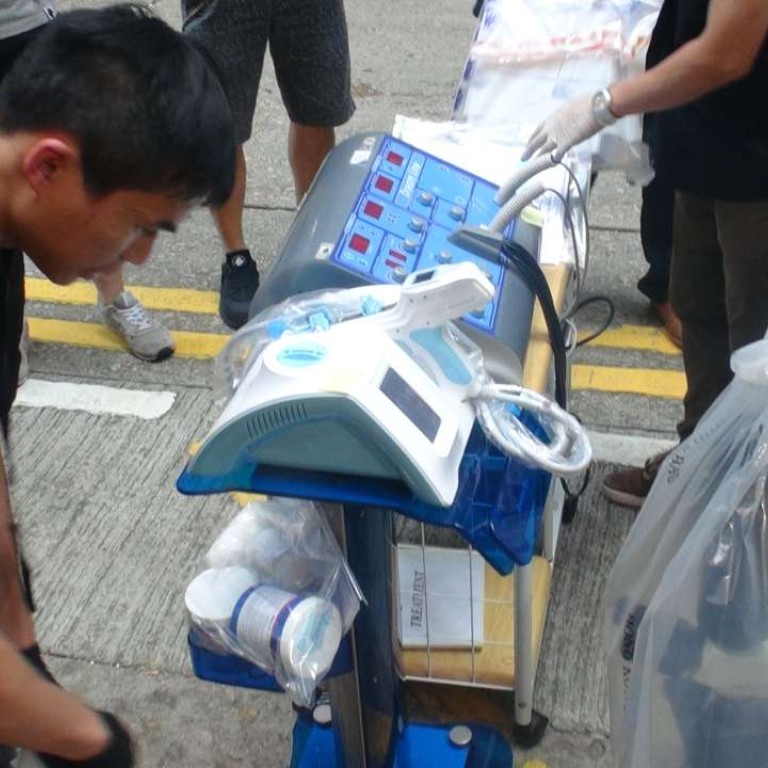
Planned accreditation scheme for allied health professionals must focus on safeguarding consumers
Hopefully the proposed voluntary system will be effective but an alternative could be to regulate them under a system similar to that for doctors and nurses
The government is planning a voluntary accreditation scheme for 15 types of allied health professionals. Although they would not be regulated in the same way as doctors and nurses, they would be able to cite approval by the Department of Health, unless accreditation was cancelled for some reason or not renewed every three years. Neither event would prevent them continuing in business as a health practitioner. This raises the question, what is it expected to achieve?
It has to be hoped that, properly administered and strongly promoted by the various professionals involved, accreditation will become an effective marketing factor and generate peer pressure to join. That said, we find it hard to disagree with Patients’ Rights Association spokesman Tim Pang Hung-cheong’s view that instead of a voluntary scheme that leaves a loophole for anyone to claim to be a health professional, the government should set up a board to regulate them under a system similar to that for doctors and nurses. We know that when it suits them, officials still make much of the philosophy that the market leads and the government facilitates and are loathe to meddle or stifle initiative and enterprise. But when it comes to people’s health and well-being they should be breathing down practitioners’ necks, not just minting approvals and hoping nothing goes wrong. The most vulnerable consumers – as opposed to “patients” who receive genuine medical services – are driven by personal insecurities related to appearance such as ageing and career and relationship prospects.
But it is good that the scheme will initially cover 15 different types of practitioners: clinical and education psychologists, speech and dental therapists, dental surgery assistants and technicians chiropodists, dieticians, dispensers, mould laboratory technicians, orthoptists, prosthetists and scientific officers. Chinese University’s public health and primary care school carried out a feasibility study on the scheme. The university will now conduct a pilot version which hopefully will focus on making it an effective safeguard for consumers.

